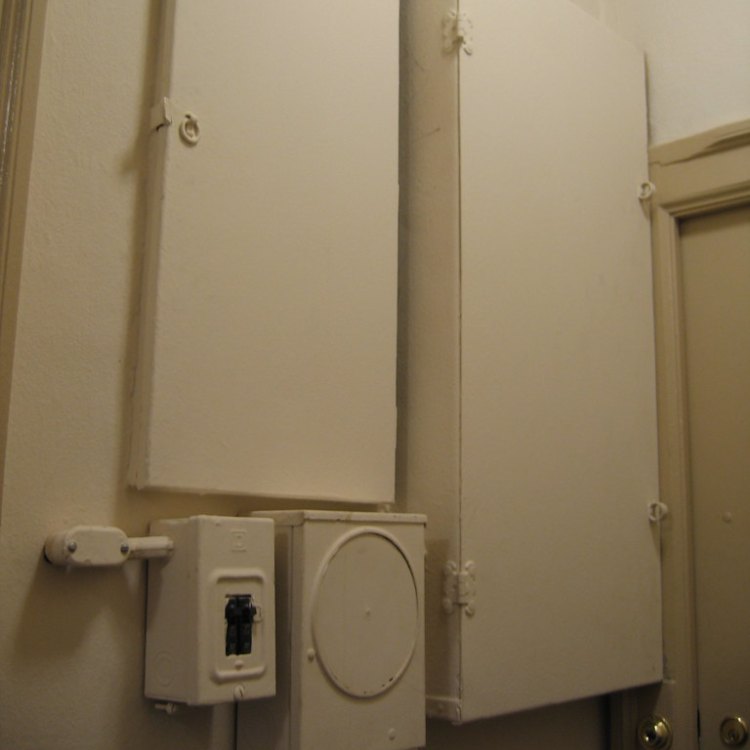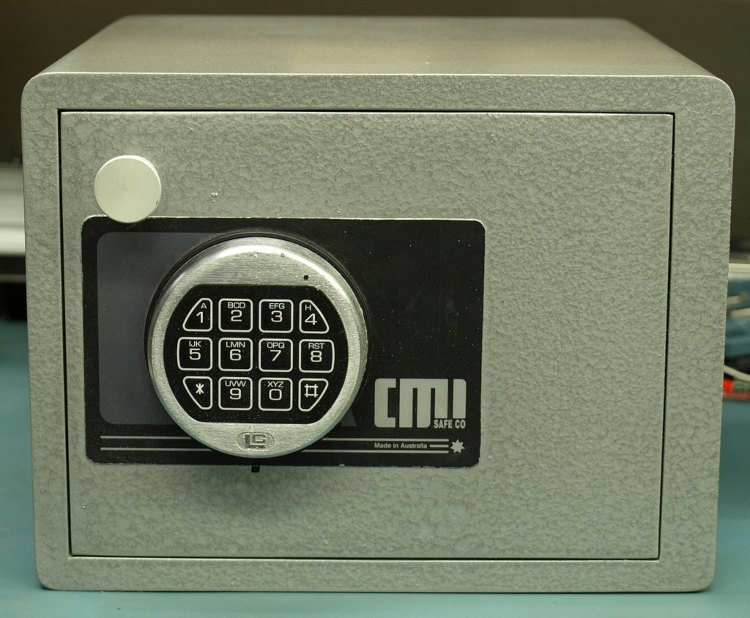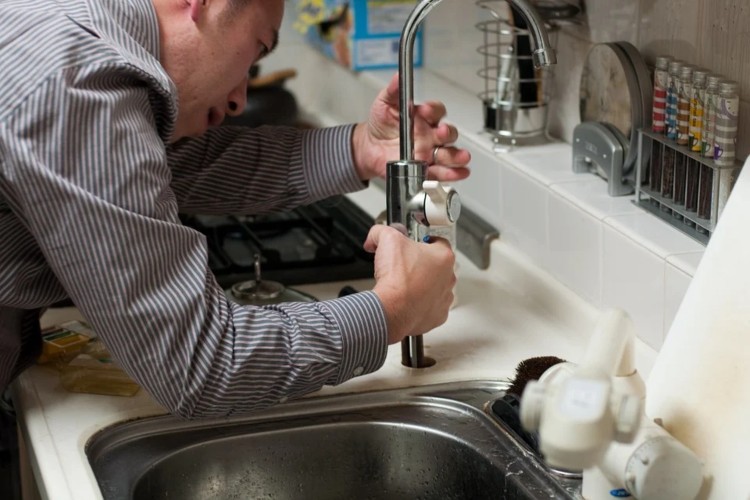Do These 8 Things Right After Buying A House
The papers have been signed. The key is in your hands. And, finally, you’re waking up to the American dream of owning your own home. But before you start kickin’ back in your new digs, check out these first steps that can help put your newfound homeownership on the right path.

Get The Word Out About Your New Address
Sure, family and friends probably already know where to find you, but there are several organizations that also need to know where to reach you.
* Post Office: When you notify the post office of an address change, mail sent to your previous address will be forwarded to you for 12 months.
* Employer: Even if you receive paychecks by direct deposit, it’s worth letting your employer know your new address in case other documents, such as tax forms, are usually mailed to your home.
* Bank/Credit Card Company/Creditors: Notify all of them of a change in address by calling or submitting a change of address form online.
* Utility Companies: Depending on the services you receive, you’ll want to let utilities such as phone, cable, internet, gas, and electric know about your move.
* Tax Agencies: The IRS provides a simple online form that allows you to notify both state and federal agencies of your new address.

Check Out A Home Warranty
HVAC. Plumbing. Electrical. Furnace. They’re all essential to the smooth functioning of your home — and they can seriously disrupt your budget if something goes wrong. You can purchase a warranty that provides discounted repair and replacement of a home’s major systems and components, or you can ask the sellers to provide an extended warranty for a year after the move.

Purchase The Right Homeowners Insurance
The right homeowners insurance can mean the difference between coverage and catastrophe. Shop around to find the best insurance rates; you could save up to $1,000 annually by securing the lowest price on your homeowners insurance. You might want to inquire about additional protection, depending on where you live, that covers floods or earthquakes.

Familiarize Yourself With The Infrastructure
Ignorance isn’t bliss; in fact, it can cause a mess. Know where to go when you need to turn home essentials on or off, including the water shut-off valve, the gas shut-off valve, and the circuit box. You don’t want to be in the middle of an emergency, like a burst pipe, and have no idea how to shut off the water supply.

Set Aside And Secure Important Documents
Mortgage and insurance documents. Birth certificate and wills. They’re all important documents that serve as a paper trail of your life. Collect them, and any other essential papers, in a secure, fireproof file box in an easily accessible location.

Clean, Paint, Declutter
Maybe the previous homeowners left behind a good bit of dust, dirt, and debris. Digging in and giving your new home a thorough cleaning and a fresh coat of interior paint can help make your new digs feel like your own. Remember to clean high, then low, so that you’re working away from any mess that falls to the floors below.

Mind Your Maintenance
A detailed maintenance plan can help keep your house running smoothly year round. Make a list, keep it handy, and check off the following items so that nothing slips through your fingers:
* Test smoke/carbon monoxide alarms monthly
* Change HVAC filters every one to three months
* Drain/rinse water heater annually
* Clean gutters at least once annually
* Inspect and clean fireplace chimney at least once annually
* Check dryer hose/vent at least once annually
* Complete refrigerator maintenance (inspecting door gaskets, etc.) as required

Meet The Neighbors, Mosey Through The Neighborhood
Unless a pandemic is raging, it’s usually a good idea to introduce yourself to your new neighbors and get acquainted with other homeowners in your area. Apps like NextDoor provide updates on neighborhood events and community activities that you might enjoy. Take a drive or a walk through the surrounding streets to find amenities such as the nearest bus stop, best dog park, or closest grocery store.
